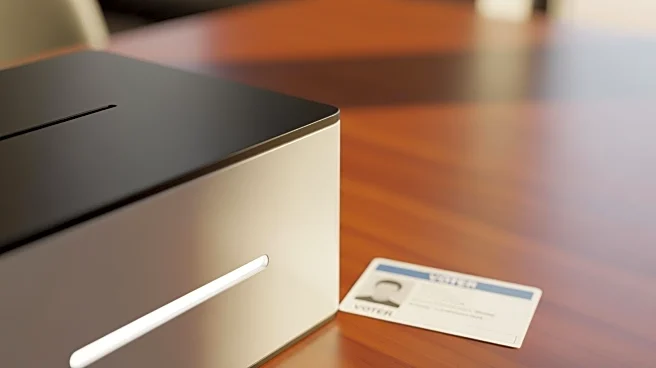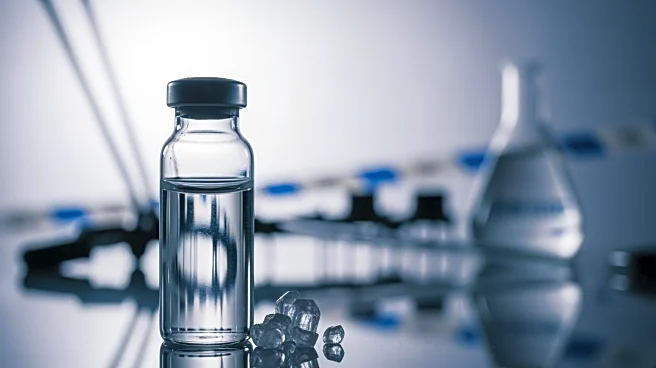What's Happening?
A court has released the first of twelve defendants involved in the OPEKEPE agricultural subsidy scandal under restrictive conditions. The defendant, who is pregnant, denies any wrongdoing, claiming she
was misled by a real estate agent and an accountant. The case involves 37 defendants accused of making false subsidy claims under OPEKEPE, the Greek state body managing EU farm payments. The twelve defendants in court are considered lower-level participants, allegedly receiving illicit payments ranging from €500 to €1,000. They maintain their innocence, asserting that all transactions were legitimate.
Why It's Important?
This case is one of Greece's most significant agricultural subsidy scandals, highlighting issues of fraud and mismanagement in the distribution of EU funds. The outcome could impact how agricultural subsidies are monitored and managed, potentially leading to stricter regulations and oversight. The case also underscores the challenges in ensuring transparency and accountability in subsidy distribution, which is crucial for maintaining trust in public institutions and the fair allocation of resources.
What's Next?
As the trial progresses, further details about the alleged fraud and the involvement of other defendants will emerge. The case could lead to legal reforms or changes in how agricultural subsidies are administered in Greece. Stakeholders, including farmers and policymakers, will be closely monitoring the proceedings to understand the implications for future subsidy management and the potential for similar cases to arise.








